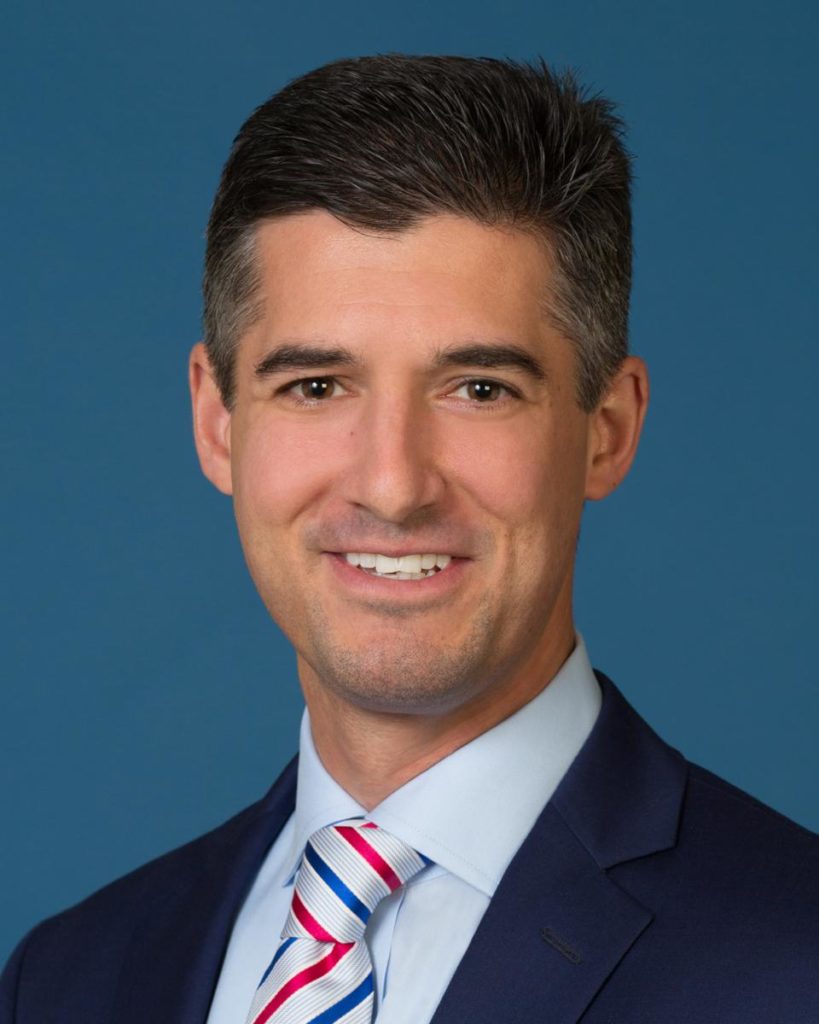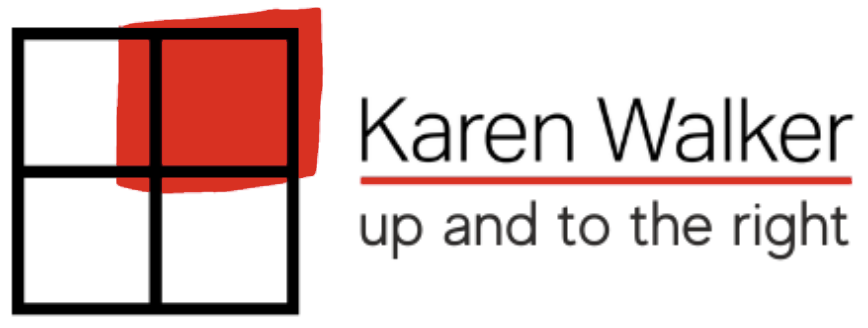
David Chubak, Citi’s CEO of Retail Services, which services 78 million co-brand and private label credit card accounts ($92 billion in purchase sales), partners with a diverse group of merchants to support their commercial growth.
We spoke recently about how the bank is responding to changes in the industry and consumer behavior, and his career and inspiration.
This interview has been edited and condensed for clarity.
Karen Walker: I’ve heard you say that, early in your career, you were the worst-performing first-year associate at McKinsey. I’m curious about what happened and how you incorporated that into your now successful career?
David Chubak: To be accurate, my former partners would challenge that I was the worst, but I was certainly on the short list.
I came into consulting off a vague intended career in law. I ultimately joined McKinsey because I found the people there were just remarkable. They were results-oriented and focused on making an impact with clients who were serving their communities. That was very different from what I’d been doing for summers at corporate law firms.
I didn’t have much training in consulting. When I came in, I was writing legal dissertations when they were looking for a one-page PowerPoint slide. I’m blessed to have had a group of partners who invested in me, taught me, challenged me and gave me feedback day in and day out. Within four years, they elected me to the partnership.
Walker: Beyond shortening your summaries, did they give you any other advice that would be useful to share with others?
Chubak: Yes. Since I had a legal background, I always looked for proof. The first lesson they taught me is to get comfortable making assumptions and using them to give advice.
That ability to drive logic-based assumptions was one of the most important lessons I learned in business. I began to understand that most business decisions don’t have a right or wrong answer. They may not even have a best or a worst answer. You need to use the information you have to make a good decision.
The second lesson they taught me was how to ask questions. Asking the right questions often adds more value than answering. It pushes the group into thinking differently. If you do it with a balance of humility and assertiveness, you can drive good teams to excellent outcomes.
The third lesson I learned is to have a little fun while you’re working. During the most challenging periods of my career, including last year during the early pandemic, I found that bringing a bit of joy and excitement to work brings terrific teams together and delivers excellent results. If work doesn’t produce sparks of energy, the work product itself isn’t going to be the finest.
Walker: Fabulous lessons that you should include in a book. I’ve always said that leaders’ two most undervalued competencies are curiosity and an ability to deal with ambiguity, so I am fully aligned with you.
How did you build your career?
Chubak: I think of it as a portfolio rather than a path. I’ve learned so much from (Citi CEO) Jane Fraser; how she managed her career. There are two parts to it. One is to approach it as building skills and experiences that help you better think about solving problems. That means lateral moves occasionally. The second part is about having a diversity of experiences and meeting different people in various ways. Those two types of journeys help you become the best person and the best leader that you can be.
Walker: How has your family influenced you as a leader?
Chubak: I’m tremendously blessed. I have a wonderful, loving wife and four beautiful kids that look like her but unfortunately, behave like me! They keep me humble every day and teach me to be a great team player. My motto in life is to stay humble but hustle hard, and my kids teach me that.
Walker: We’ve had accelerated digital transformation in so many areas of our lives. In addition to that, you have experienced fintech pressures from startups around you. You have also experienced changing consumer behaviors in retail – for example, we’re not all going to the drive-in teller window anymore.
Chubak: The pandemic has accelerated behavior trends that have been emerging for many years and has undoubtedly accelerated the adoption of digital channels. This acceleration has led to different behaviors and physical media.
Of all ironies, Karen, one point is that the drive-through had a pretty good run-up last year when branches were closed, and people still needed access to cash.
On the deposit side, we established a strategy in 2018 to expand our presence from six markets to become more national using digital banking as a lens to be able to build up our deposit franchise.
In the last two years, it’s been very successful. It’s also been a great way to engage a broader client set across all Citi offerings, meaning we’ve been able to offer our cards to customers in areas that don’t have a branch.
These trends aren’t going away. The banking environment is becoming hyper- competitive.
Walker: You’re combining history, experience and cool new ideas. I just read The House of Morgan, to understand what is happening in banking and fintech today from a historical perspective.
Chubak: Banking is a business of trust. With the focus on technology – people love to say we are a technology company with a banking license – but I reject that. The bank is about engendering trust, and frankly, every firm is a technology company today. There’s a higher quality and order that comes with being a bank. We have high standards of ethics and responsibility. I think that the history of trust plays in our favor. And yes, we must adapt and learn new technologies to compete. But you use the baseline of the bank to do so.
Walker: The tagline for my consulting business is “up and to the right” because that is where we want to be on any 2×2 matrix. How does that apply in your life?
Chubak: From a business perspective, using that model, I’d look at the robustness of product vs. distribution, which is why we are becoming a more digital organization. From a leadership perspective, I’m always looking at how I can bring an attitude that I call “competitive with humility” and “competitive hustle.” A lot of people can work hard, but they can’t work as well in teams. They can’t lead through change. Life is becoming more complex. Challenges and problems are becoming tough to solve.
Banking, like life, is becoming more and more a team sport. You need the best teams to solve problems today. You need to bring the right dose of humility combined with the energy and passion to service. The people who get that balance are the people I want to have in the trenches with me every single day. It’s how I aspire to be as a leader, too.
Walker: Was there a moment in your career when you knew you were moving in that direction? It sounds like this idea of “humility and hustle” is core to your being.
Chubak: I learned that as a kid. I grew up in an immigrant family. I lived with my grandparents, and they were my inspiration. They came to the U.S. with nothing in their pockets. They survived a terrible war that killed most of their family. Yet they had optimism and energy to do better and to leave the world a better place, and they did it quietly.
My grandmother was a bank greeter. She opened doors for people who came over on a boat through Ellis Island. She spoke six languages, and her job was to help people set up an account so that they could manage a life soon after they arrived. She did that until she retired in her seventies. My grandmother wanted her kids and grandkids to have a good life, like the people she was helping at the bank. I strive to possess her attitude of humility and energy. I don’t think I live up to it most days, but I do try.
